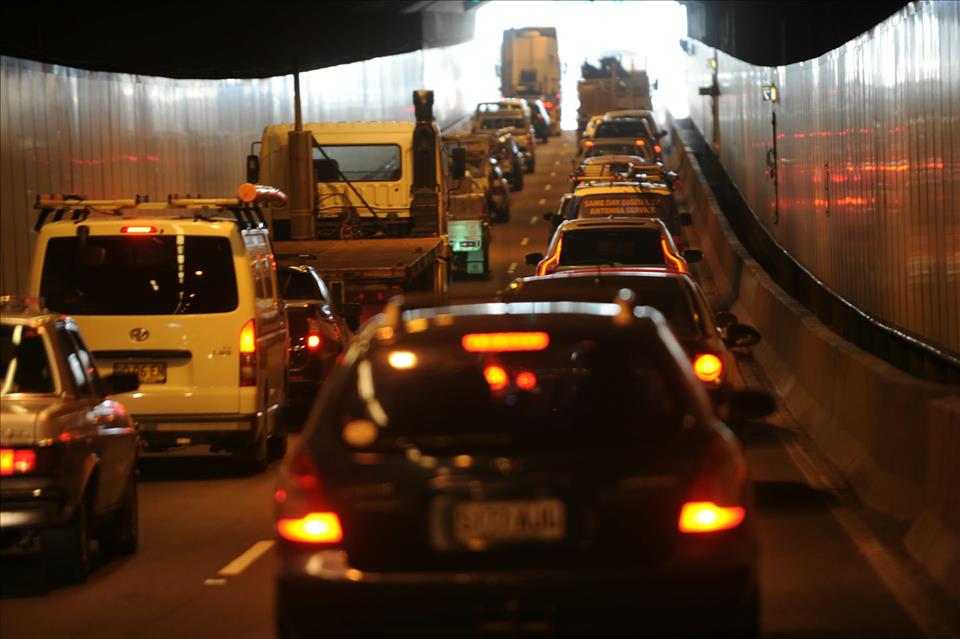
Coalition Plan To Dump Fuel Efficiency Penalties Would Make Australia A Global Outlier
The scheme, known as the New Vehicle Efficiency Standard (NVES), was introduced by the Albanese government and was due to take effect in July. It involved issuing penalties to automakers that breach an emissions ceiling on their total new car sales.
The new Coalition plan, announced this week, would see such penalties abolished.
But the penalties are crucial. Without penalties, automakers have limited incentive to supply fuel efficient, low or zero-CO2 emitting vehicles to the Australian market.
If this plan became government policy, it would make Australia an international outlier – and put at risk Australia's ability to meet its obligations under the Paris climate agreement.
An international outlierMore than 85% of the international car market is covered by fuel efficiency standards .
Without a robust New Vehicle Efficiency Standard scheme, complete with penalties for automakers that break the rules, Australia would join Russia in the tiny minority of developed countries without strong fuel efficiency standards for new vehicles.
Abolishing the penalties embedded in the scheme also risks making Australia the world's dumping ground for inefficient vehicles.
That's because the penalties embedded in the scheme are there to incentivise automakers to sell more efficient vehicles in Australia.
The current scheme, as it is, is not particularly punitive. Automakers that breach their cap of emissions are given up to two years to fix their mistakes before being issued with a financial penalty.
Weakening the scheme won't help make it easier for Australians to buy fuel-efficient cars.
Liberal leader Peter Dutton has called the scheme a 'car tax'. AAP Image/Mick Tsikas Decarbonising Australian roads
The 2015 Paris Agreement, to which Australia is a signatory, requires developed nations to decarbonise their transport by as much as 80% by 2050 .
Carbon emissions from Australian transport accounts for 21.1% of the nation's emissions (to June 2023 ).
It represents the third largest source of greenhouse gas emissions in Australia.
Without measures aimed at making cars more fuel efficient, Australia's CO2 emissions will continue to rise. It will be harder to meet our commitments under the Paris Agreement.
It's regulation, not a taxThe Coalition, which is hoping to pick up votes in outer-ring suburbs, has called the penalties embedded in the New Vehicle Efficiency Standard scheme a“car tax”.
Liberal leader Peter Dutton said this week :
But these penalties are not a tax; they are a form of regulation. Automakers that meet the rules wouldn't have to pay penalties, under the current scheme.
If the goal is to reduce people's hip-pocket pain at the bowser, the focus should be on ensuring Australians can buy fuel-efficient vehicles.
That means incentivising automakers to bring fuel-efficient vehicles to the Australian market. It also means avoiding any policy that encourages carmakers to see Australia as a dumping ground for gas-guzzling vehicles.

Legal Disclaimer:
MENAFN provides the
information “as is” without warranty of any kind. We do not accept
any responsibility or liability for the accuracy, content, images,
videos, licenses, completeness, legality, or reliability of the information
contained in this article. If you have any complaints or copyright
issues related to this article, kindly contact the provider above.


















Comments
No comment